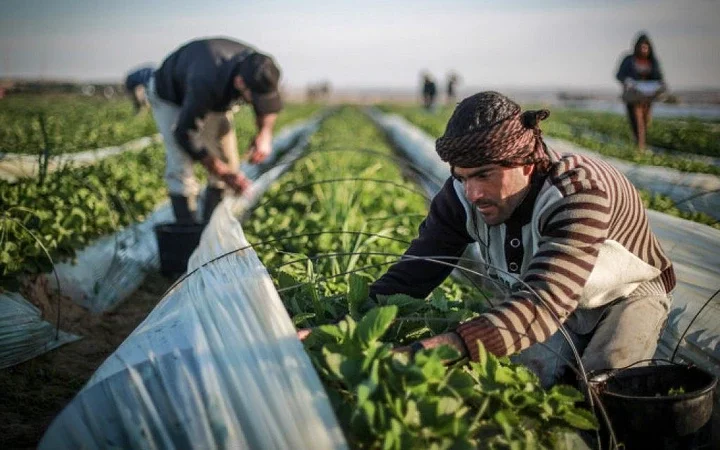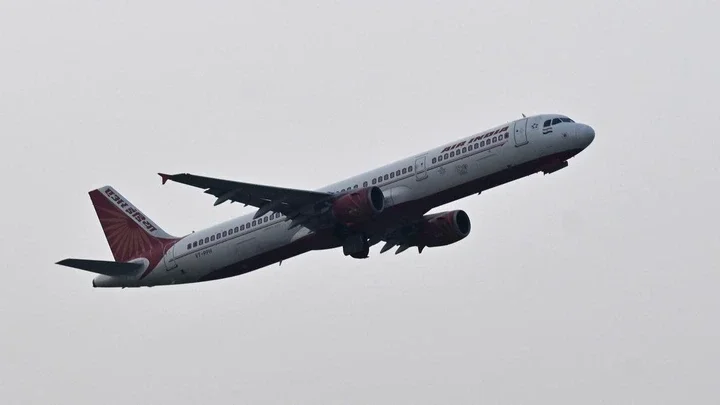
TEL AVIV, Israel - Twelve Malawian nationals were deported from Israel following their arrest for working illegally at a Tel Aviv bakery, deviating from their designated agricultural jobs.
These workers were part of a larger group of over 40 foreign employees detained under similar circumstances, BBC reports on Thursday, May 9, 2024.
Originally in Israel as part of a labour agreement between the Malawian and Israeli governments, these individuals were assigned to work on farms.
Dissatisfaction with the conditions and wages in the agricultural sector led them to seek better-paying opportunities elsewhere, despite the constraints of their work visas.
Israel's ambassador to Malawi, Michael Lotem, emphasized the consequences of violating visa agreements, stating to the BBC, "Anybody who violates his visa terms will be deported - as easy as this, as in any country. I hope it will be a sign for others that it is better to stick to the job. Nobody forced them to come, they came to do a job, they should do the job that is all."
The issue of underpayment was highlighted last week when a Malawian worker, Benzani, not among those deported, reported to the BBC: "The minimum wage in Israel is 32 shekels ($8.60; £6.85) an hour, but some of us are being paid 18 to 20 shekels an hour," despite contracts promising $1,500 a month.
In response to the allegations of underpayment, Mr Lotem advised that workers should utilise official channels to lodge complaints rather than breaching visa conditions.
He emphasised, "If someone thinks that he is not getting what he deserves, there is a hotline and a phone number they can call. Violating the law is not the answer. The Israeli police show zero tolerance to illegal activity especially these days when we have so many other troubles."
The deportations come in the wake of a labour initiative last year by the Israeli government to address a shortage of agricultural workers following deadly attacks in October by Hamas, which led to a halt in work permits for Palestinians and the departure of 10,000 migrant farm workers, mostly Thais.
Amidst these changes, more than 200 Malawians were recruited to work in Israel, and Kenya agreed to send 1,500 workers, a move met with mixed reactions concerning safety and employment benefits.
A new labour agreement has also been signed to send an additional 3,000 Malawians to Israel, reinforcing the bilateral efforts to reduce unemployment in their home country while addressing labour shortages in Israel.
















Comments